
Personal finance
“We couldn’t get on the pitch – there were loads of men playing. The girls were so disappointed.”
15th May 2024

If you’ve paid for goods or services on a card and something goes wrong - maybe your item never arrived, or you were sent the wrong thing - help could be at hand in the form of a chargeback.
So what is a chargeback? In a nutshell, a chargeback is a transfer of funds that you can request back to your account following certain issues with a purchase, for example if you were charged twice for an item.
Step one, of course, is to contact the shop or merchant to ask for your money back. But if you’ve already called and emailed and maybe even physically gone to the store and still haven’t managed to secure a refund, you can turn to your bank, who could raise a chargeback on your behalf.
If your transaction was processed by a money transfer service such as Paypal, you should speak to them before contacting your bank. Each money transfer service has its own dispute resolution centre and should be able to help you if you’ve contacted the merchant and failed to secure a refund.
It's important to note that raising a chargeback is different to disputing a transaction you don't recognise or believe to be fraudulent. Faster Payment transactions also won’t be covered by the Mastercard Chargeback Scheme. For these sorts of disputes, contact Customer Service in the app or give us a call (with the number on the back of your card) straight away so that we can look into it.
When you’ve done all you can to resolve an issue with a merchant, a chargeback can act as a fallback. For example, you might want to file a chargeback claim after making a transaction on your Starling debit card, when you have:
Not received the goods that you paid for
Been charged twice for an item by mistake
Cancelled a subscription payment but have continued to be billed by the merchant
Been charged an amount on your bank statement that is different to the value on your receipt
Ordered a designer product from the internet and found that it’s fake when it arrives
Received something that has arrived damaged or not as described
If you paid the merchant using your Starling debit card and they’ve not responded to your requests for a refund, we may be able to reclaim the funds on your behalf through a chargeback.
Once we’ve received your request, our Card Disputes team will review your case to work out whether a claim can be raised. Our team may ask you to provide further information to make your case as accurate as possible. Not all purchases or transactions are eligible to go through the chargeback process.
No, chargebacks are different from everyday refunds. Refunds are organised directly between you and the merchant. Chargebacks are based on a claim you make to dispute a transaction - they are raised on your behalf by your bank, which then handles the dispute directly with a card issuer, such as Mastercard.
Any chargeback claim that is raised by Starling on your behalf is handled directly between us and Mastercard. If your claim is in line with Mastercard’s rules and regulations and a chargeback is able to be raised, Starling will process a refund to your account. At the same time, we will attempt to reclaim the funds from the merchant. All chargeback refunds are provided at our discretion and may only be granted once the outcome for your chargeback has been confirmed as successful.
Any refund processed to your account following a chargeback claim is temporary - if the merchant rejects our claim, we may need to reverse the refund. In this case, we will get back in touch with you to pass on the update from the merchant. We will then arrange the funds to be transferred back to us. If this happens, it’s important to make sure there’s enough money in your account to cover this transfer, otherwise you could go into overdraft.
If you’re getting nowhere with the merchant, you can start the chargeback process from the Starling app by:
Clicking on the transaction you have an issue with
Tapping ‘Need help with this transaction’ then ’Raise a Dispute’
Following the on-screen instructions, which will include logging into Online Banking
You will then be prompted to answer questions relating to your issue and asked to upload evidence to support your claim. For example, we may ask you for:
A detailed description of why you’re raising the chargeback and why the merchant is at fault
A detailed description of the goods or service you ordered
Proof of purchase such as a receipt or invoice
Proof of liquidation, in the case a merchant has gone bust
Proof that the merchant has processed a refund to your account
Evidence that the goods or service were faulty or not as originally described
Details of all attempts to resolve with the merchant (such as emails, call logs)
Yes, there are certain timeframes set by Mastercard that we have to follow when it comes to chargebacks.
A chargeback must be raised within 120 days of the transaction, or from the date you were made aware that you will not be receiving your goods and services
In some cases, this timeframe is reduced to 90 days (for example if you notice a transaction you made has been debited to your account twice)
If we receive a claim after these timeframes have passed, it’s unlikely that we’ll be able to raise a chargeback for you.
We aim to resolve issues as soon as possible, but some disputes can be a bit more complicated than others and can take more time to resolve, both for the merchant and for Starling. That’s why it’s important that you provide us with as much information as possible when you start the chargeback process. If a chargeback is raised, Mastercard will give the merchant 45 days to respond.
If the merchant rejects your claim, our Disputes Team will be back in touch to let you know the outcome and may ask for further information from you to continue your claim. If the merchant accepts your claim and we haven’t already credited your account, we will do so as soon as we can.

Personal finance
15th May 2024
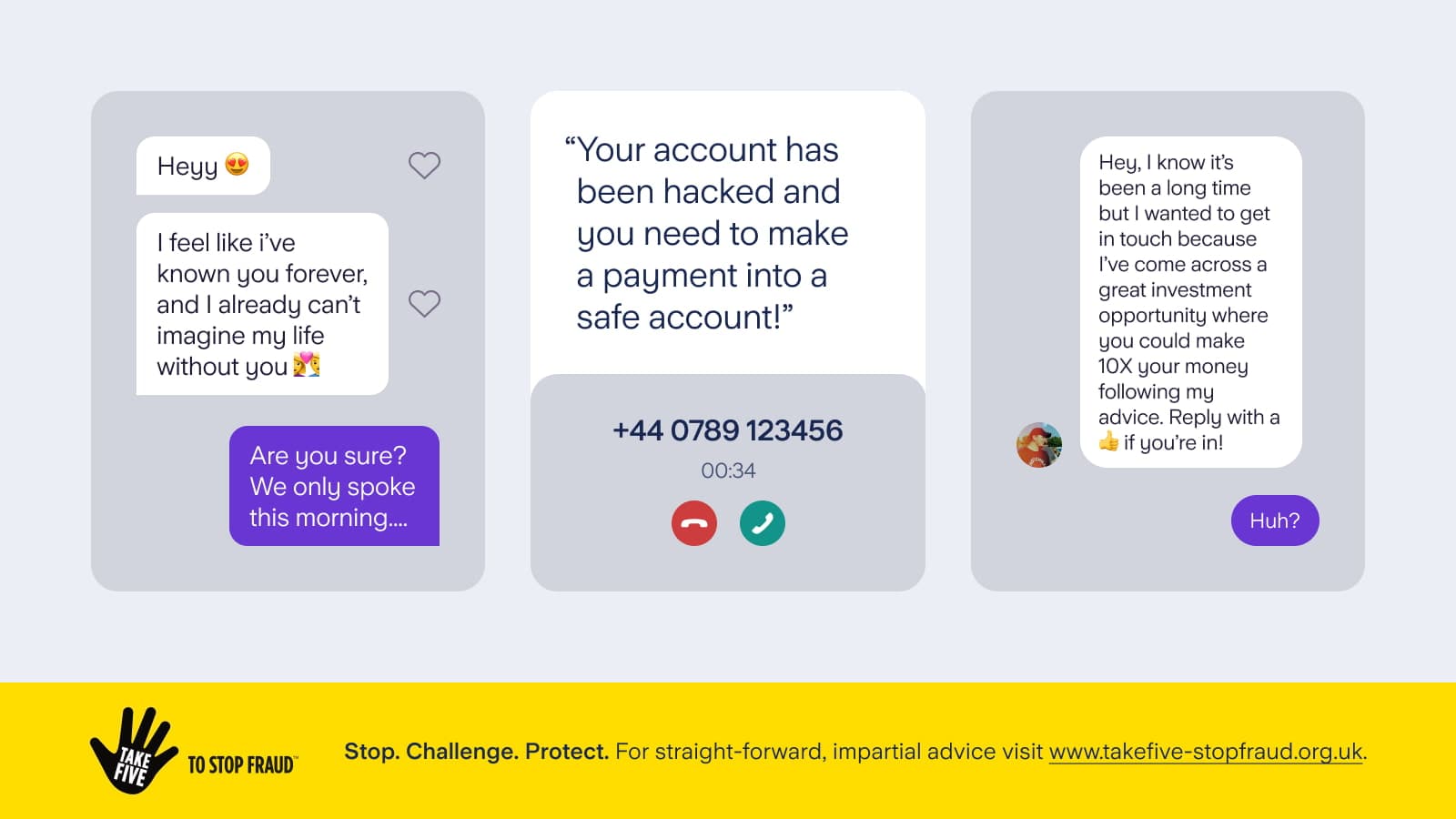
Personal finance
13th May 2024
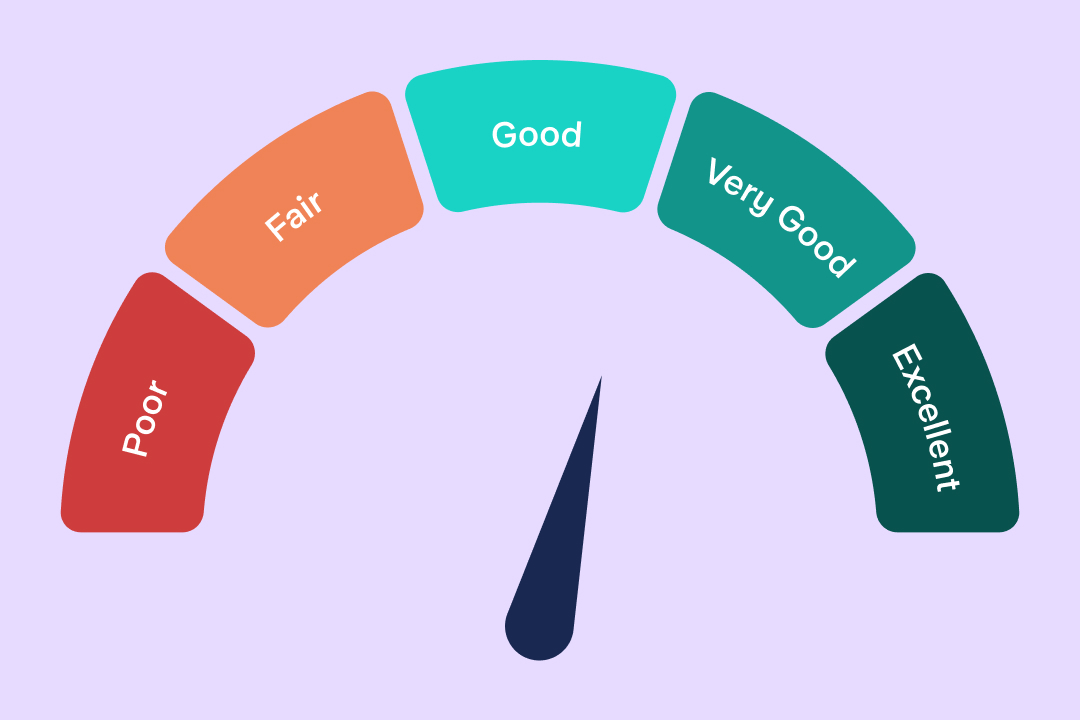
Personal finance
14th March 2024
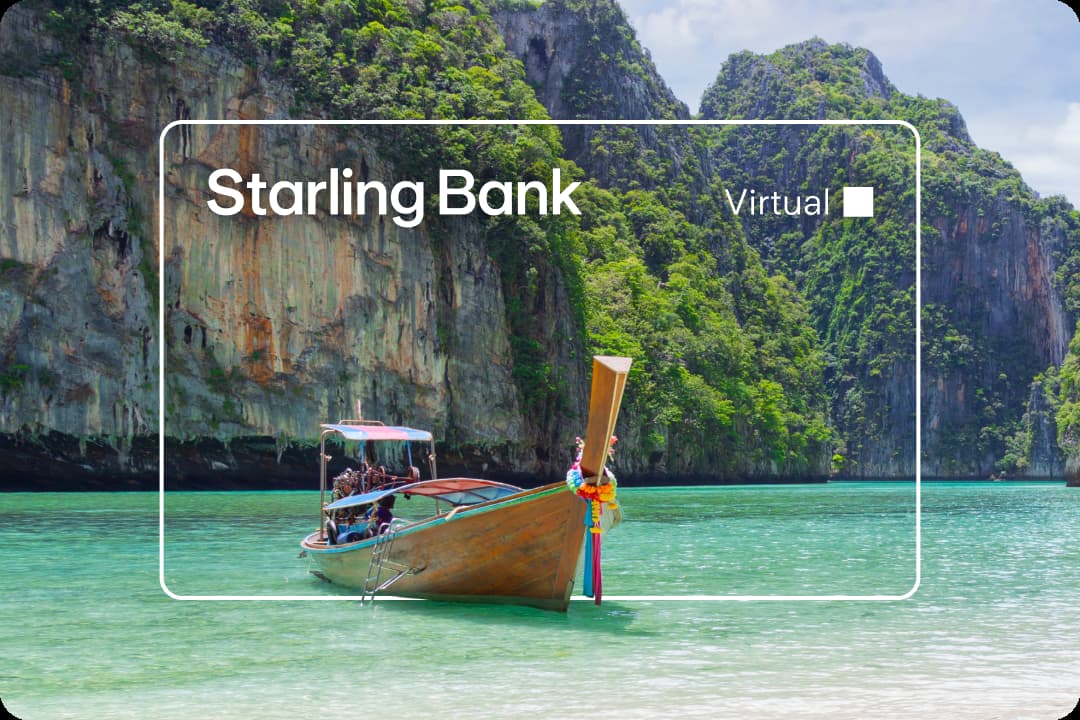
Money Truths
2nd July 2025
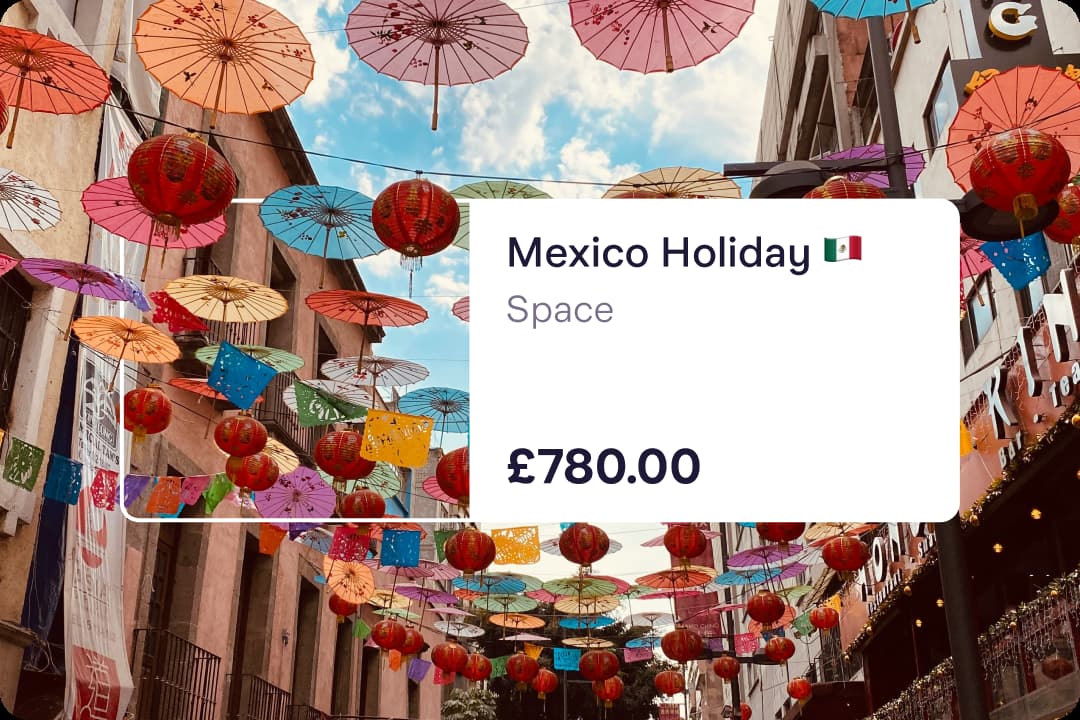
Money Truths
1st July 2025
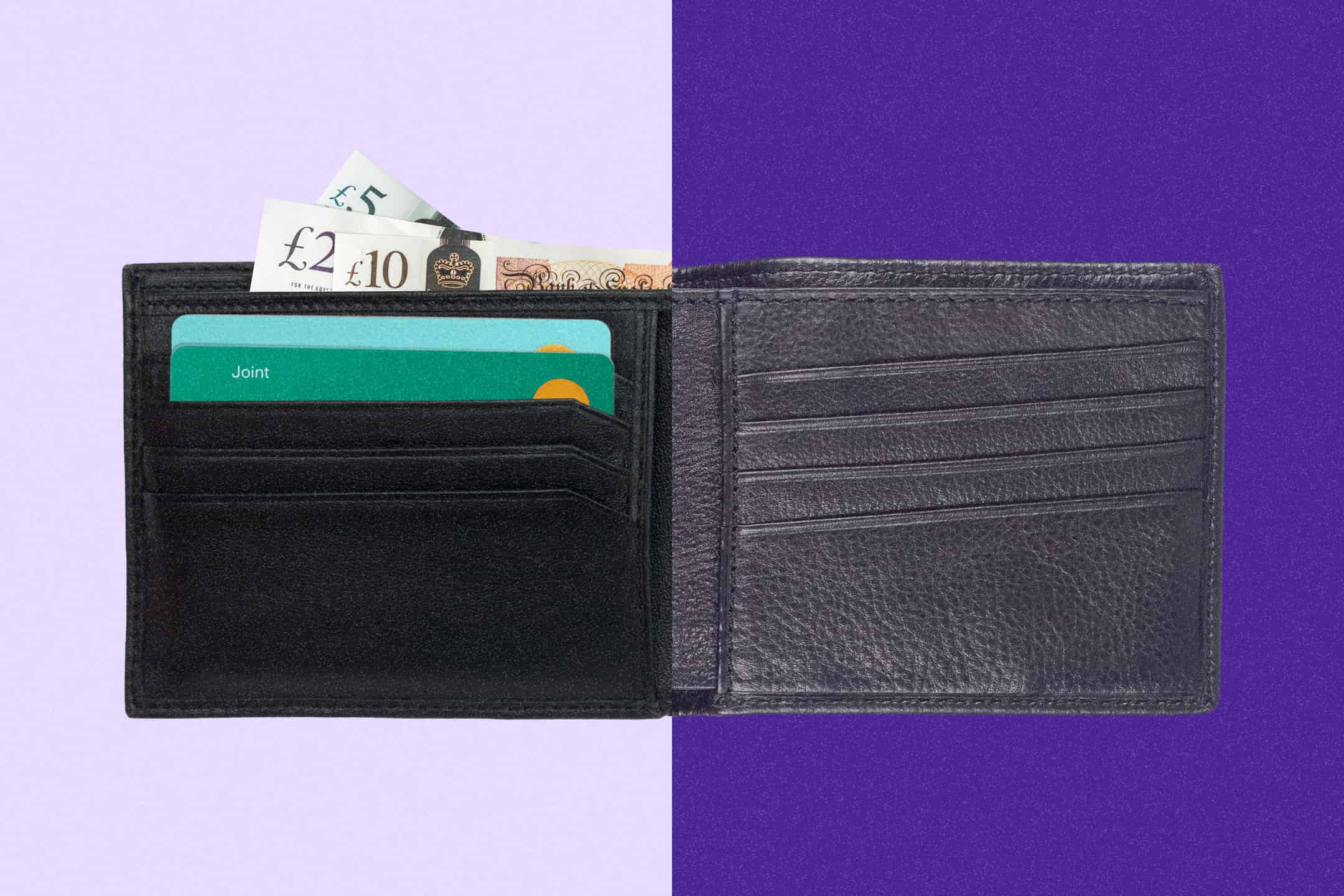
Money Truths
29th May 2025